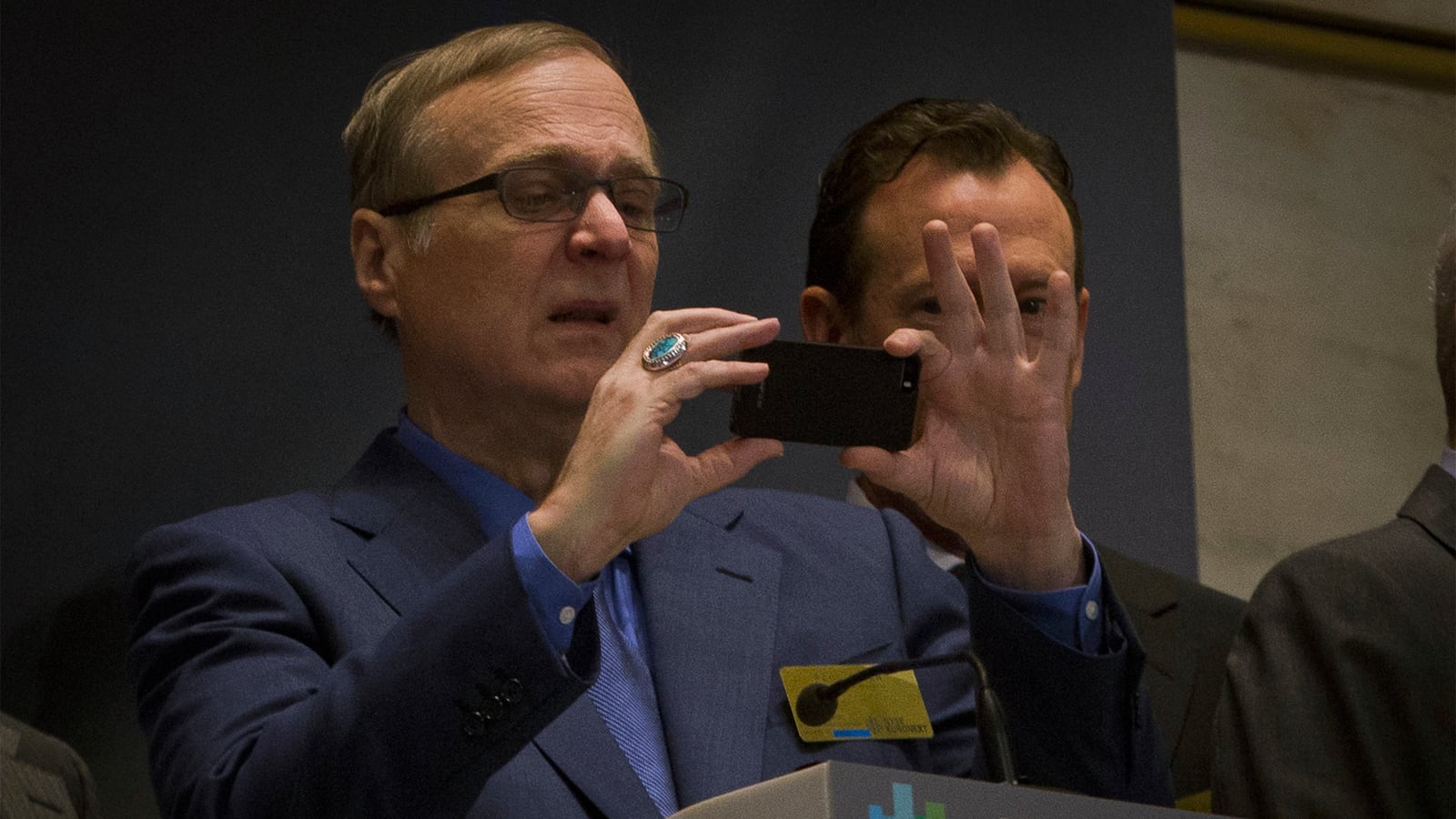Fifteen people have been hospitalized after a huge research vessel owned by the estate of the late Microsoft billionaire Paul Allen toppled over in strong winds in a Scottish dry dock.
Up to 50 people were reportedly on board the RV Petrel, a deep sea research vessel, when the ship keeled over.
The Sun, citing the Scottish Ambulance Service, said that a total of 25 people were injured in the event, of which 15 went to hospital.
Some workers were intially reported to be missing, but reports say all crew have now been located.
The accident, which took place shortly before 9am local time, was classed as a major emergency by Scottish authorities, and paramedics, firefighters, and the coastguard all raced to the scene at Edinburgh’s Imperial Dock.
A source told The Sun: “This is an extremely worrying situation. It’s been very windy since the early hours of this morning, and normal operations had been put on hold until conditions eased.
“Those injured have suffered various injuries, but as far as I am aware, none are in a life-threatening condition. But everyone is very worried for the safety of those currently on board.”
Local councilor Adam McVey tweeted: “Emergency services are responding to a major incident at Leith docks—a ship has been dislodged from its holding in strong winds. Terrifying for those on board, my thoughts are with those who’ve been injured & hope everyone recovers quickly. Please avoid area.”
A Scottish Ambulance Service spokesman said: “We received a call at 0829 hours today to attend an incident in Leith.
“We have dispatched five ambulances, an air ambulance, three trauma teams, our special operations team, three paramedic response units and one patient transport vehicle.”
The RV Petrel, named after a sea bird, is the only privately owned deep-sea research vessel and was equipped by Allen for the purpose of exploring historically significant shipwrecks. Its most famous discovery was the wreck of the USS Indianapolis in August 2017, found at a depth of 18,000 feet in the Philippine Sea.
Allen died of cancer-related septic shock in 2018 at the age of 65.






